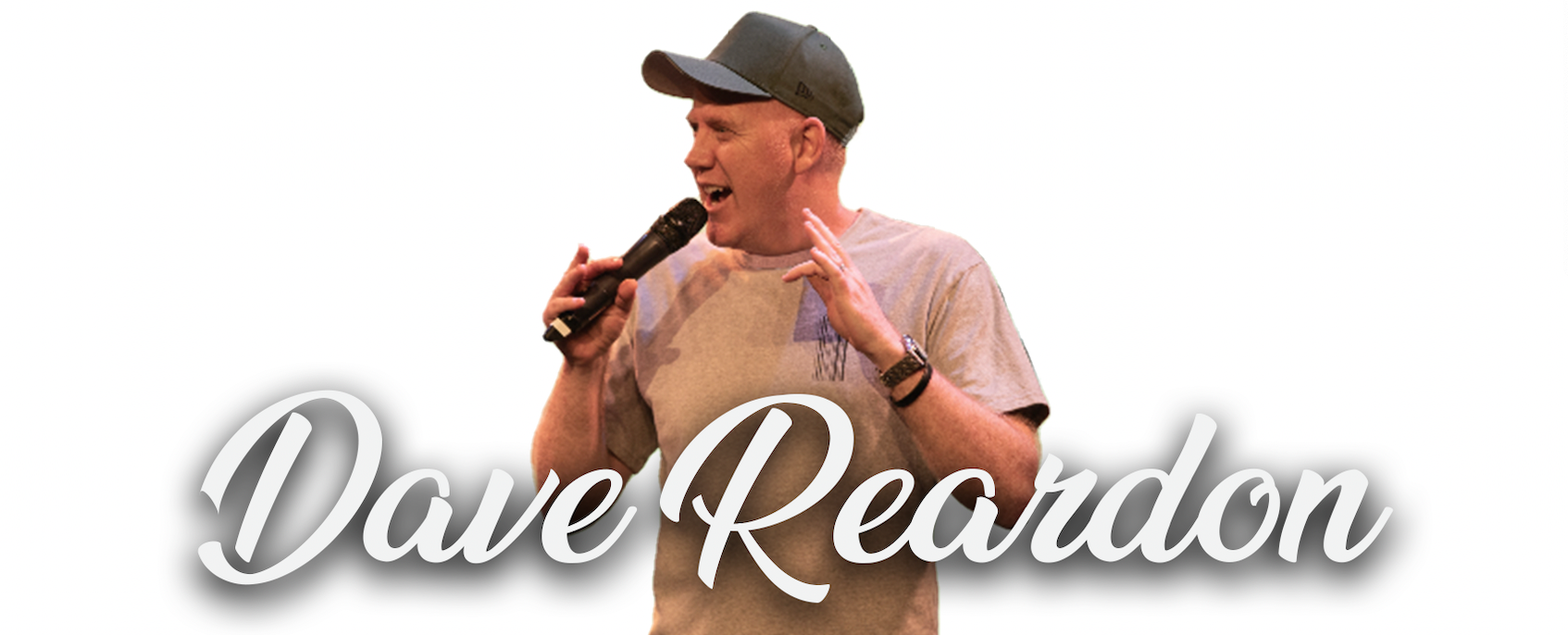Nobody likes being made to look like a fool. It’s why we laugh at jokes we don’t get or pretend to understand the intricacies of tax law when talking to an accountant.
Let’s be clear about this, the sporting media in Australia have been made to look totally inept by the Australian Crime Commission report on performance enhancing drugs in professional sport.
Even if only half of the ACC’s allegations of drug use and organised crime are true, then questions must be asked about why it took so long to come to light. There are literally hundreds of journalists in Australia (plus many former sportsmen now working in the media) whose sole job is to report on sports. And yet, not so much as a whisper was heard until the last couple of weeks.
Make no mistake, there will be a backlash. Not against the media, mind you … it rarely turns the blowtorch on itself. There will be a backlash against the sporting codes and, quite possibly, the ACC itself if no charges are forthcoming.
Even as the AFL, NRL and other codes head for the bunkers (pumping out puff pieces and promising new standards of accountability) the embarrassed media are out there digging beyond the press release. FINALLY!
Part of the problem is that many of the high profile positions in the media are held by former stars of the game. They’re well connected to the clubs, have lots of friends in the industry and rely on that relationship to keep the information ‘drip’ flowing … which is fantastic for getting the latest gossip or inside word on players’ injuries or club politics.
The issue is when there’s a story that people DON’T want told. Like for instance, that there is a massive drug culture at a particular club, or that a large number of players at one team are on the juice.
News is something that someone doesn’t want to come to light.
Yes there will be a backlash because that’s the nature of journalism – “If you tell me about it before the story breaks then I’m your friend, but if you keep it secret, I’ll punish you.” I was a political journalist during the post WA-Inc years in the late 90s … it was a great time, a no-holds-barred ride if you like, as media institutions grew teeth after sleeping through many of the government cover-ups and scandals of the 1980s.
A decade later, I’m worried our society’s fascination with instant news and pop culture (Kardashian’s wedding annulment anyone?) is slowly draining the life and financial viability out of quality investigative journalism. Professional journalism is being shouted down by corporate PR, banal gossip and the tweeting masses.
But thankfully, they’re still out there. Dedicated journos, plying their trade, working the phones, tracking down leads, getting the information that doesn’t come with a government or corporate logo at the top of a press release. The news that someone doesn’t want told.
People like my old workmate Steve Pennells who recently won the prestigious Gold Walkley award and the investigative reporters at the Sydney Morning Herald and The Age who uncovered alleged high level corruption in NSW politics. This is real news by real journos and it can’t be done in 140 characters. Tweet that.

